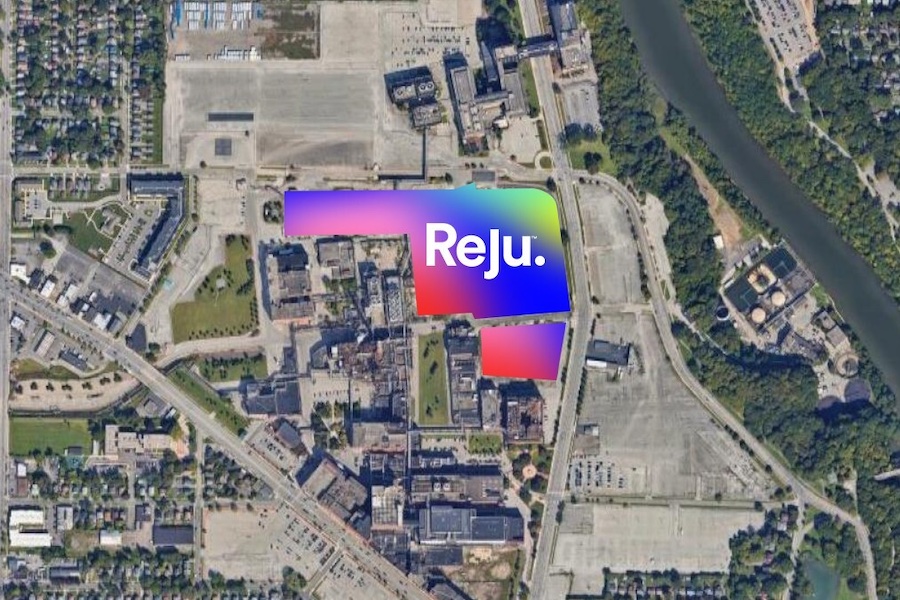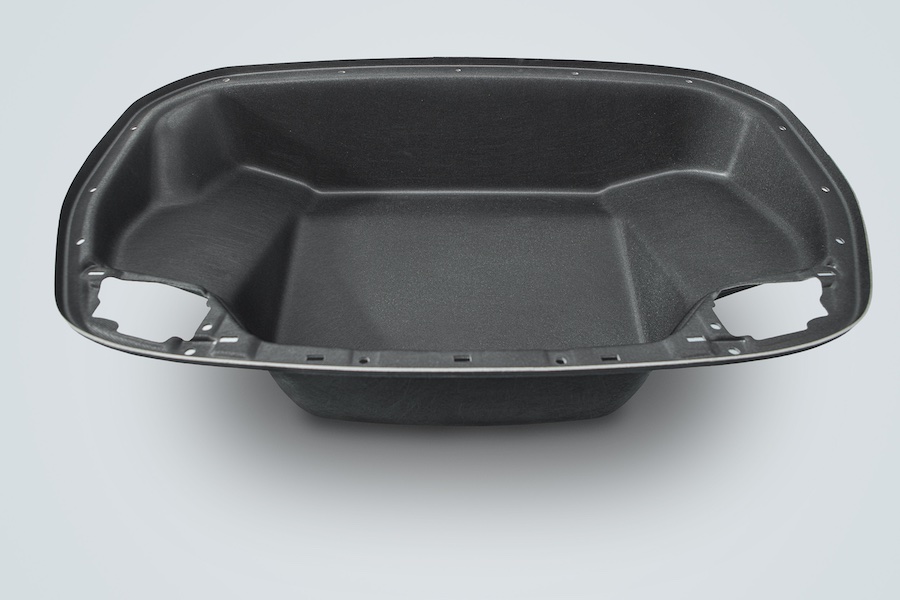#Recycling / Circular Economy
Birla Cellulose and Circ partner to accelerate scaling textile recycling innovation
This groundbreaking collaboration proposes, for Birla Cellulose to purchase up-to 5,000 tons of Circ's pulp, per year, for a period of 5 years from Circ's first commercial-scale facility. This pulp will be converted into lyocell staple fibre, significantly enhancing access to recycled materials and supporting Circ as it scales its commercial production.
"Our partnership with Birla Cellulose, a leading global producer of MMCFs, is significant as it demonstrates both Circ’s ongoing progress towards scalability as well as the industry's commitment to investing in a truly circular economy," said Peter Majeranowski, CEO of Circ. "Together, we are poised to create a more sustainable fashion future by integrating recycled materials into textiles on the global stage."
Dr. Aspi Patel, Chief Technology Officer of Grasim Industries Limited, said, "This partnership reflects our deep commitment to environmental stewardship and represents a crucial step in advancing innovation within the textile industry. By combining Circ's cutting-edge recycling technology with our cellulosic fibres, we are significantly enhancing the potential for a truly circular economy."
As brands and consumers increasingly prioritize eco-friendly options, the supply chain will play a pivotal role in facilitating demand. The partnership between Birla Cellulose and Circ demonstrates the role of collaboration in effectively scaling recycling initiatives. With the appetite for recycled materials outpacing the current supply, Birla Cellulose's willingness to procure and utilize Circ pulp ensures Birla Cellulose's customers have access to high-quality recycled Circ Lyocell. This partnership enables brands and supply chain partners can partake and play their part in the future of the global fashion industry.
Both companies are committed to promoting circular economy practices and reducing environmental impact through innovative technology and material reuse. They are also aligned on their shared vision for a sustainable future with a promise to set new benchmarks in the textile industry.










